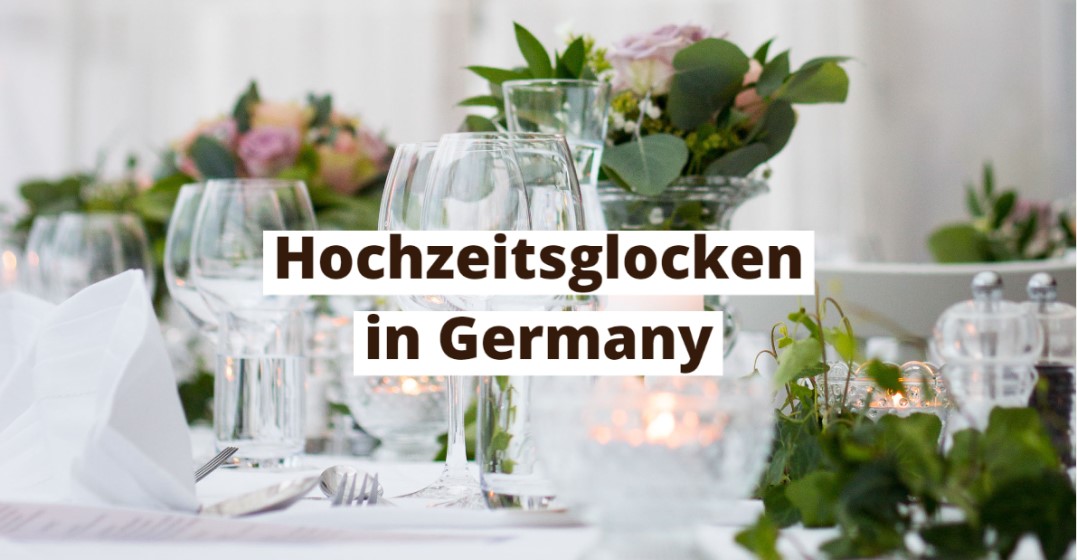How to Get Married in Germany
Published on April 1, 2020 / Updated on January 9, 2024
The process for getting married in Germany depends on individual circumstances, such as the nationality of the partners and where in Germany they plan to get married. In any case, after filling out the necessary paperwork and providing relevant documents, partners must have their ceremony within the registrar. Here is an overview on the whole process and helpful resources to clarify how it works.
Marriage in Germany can be done with an application with the appropriate registrar (Standesamt) and a ceremony within the registrar (Standesamtliche Trauung). A religious ceremony is separate and therefore optional. The responsible registrar depends on where you reside in Germany. Or in the case that neither party has current residence in Germany, the registrar’s office where the marriage will take place is responsible. To enter into a legal marriage, partners must:
The wedding ceremony at the registrar (Standesamtliche Trauung) is the governmental ceremony that takes place separately from the (optional) religious ceremony. Couples need to have completed the marriage application and register for their wedding ceremony at least 6 months in advance. Depending on which registrar holds the ceremony, the costs are between 50 and 100 euros. In many cases, additional groomsmen/witnesses are not required.
The wedding ceremony takes 20 or 30 minutes and is conducted in German. Both partners then sign the name declaration (Dokument zur Namensführung) together. According to German law, neither partner is legally required to take on the name of the other partner. Partners can choose which last name they prefer (Ehename), or combine their last names with a hyphen.
The marriage application process with the registrar requires the following documents:
Depending on the individual circumstances, further documentation could be required. There are also possible variations for requirements according to different German states. Furthermore, applicable fees depend on which application documents are required, as well as which particular marriage application is relevant for the individual circumstance.
In this case, both partners can register the marriage if they both live in Germany in the same manner explained above. If the partner comes from a foreign country to marry a German citizen, it is more suitable for the German citizen to apply (Eheschließung, deutsche Beteiligte). For the German citizen, they will also need to show proof of citizenship (Staatsangehörigkeitsausweis), and when not born in Germany the certificate of naturalisation (Einbürgerungsurkunde).
To register for marriage when both partners are foreign citizens (Anmeldung zur Eheschließung, mit ausländischer Beteiligung), at least one of the partners must be registered in Germany. The individual circumstances also need to be assessed by the responsible registrar in order to clarify whether the marriage can legally take place and what documents are required. Furthermore, the foreign spouse will also need a visa for the marriage to occur and live in Germany afterwards (Visum zur Eheschließung). In some cases, a basic level of German may be required for this particular visa depending on the country of origin and individual circumstance.
Germany allowed same-sex partners to enter into registered partnerships as of 2001, but this change in June 2017, when same-sex marriage became fully legalised. From a legal basis, there is still a separation between a heterosexual marriage (Ehe) and a same-sex partnership (eingetragene Lebenspartnerschaft). In the case of a civil partnership, partners still need to fulfill application and ceremonial requirements in the same manner as above.
